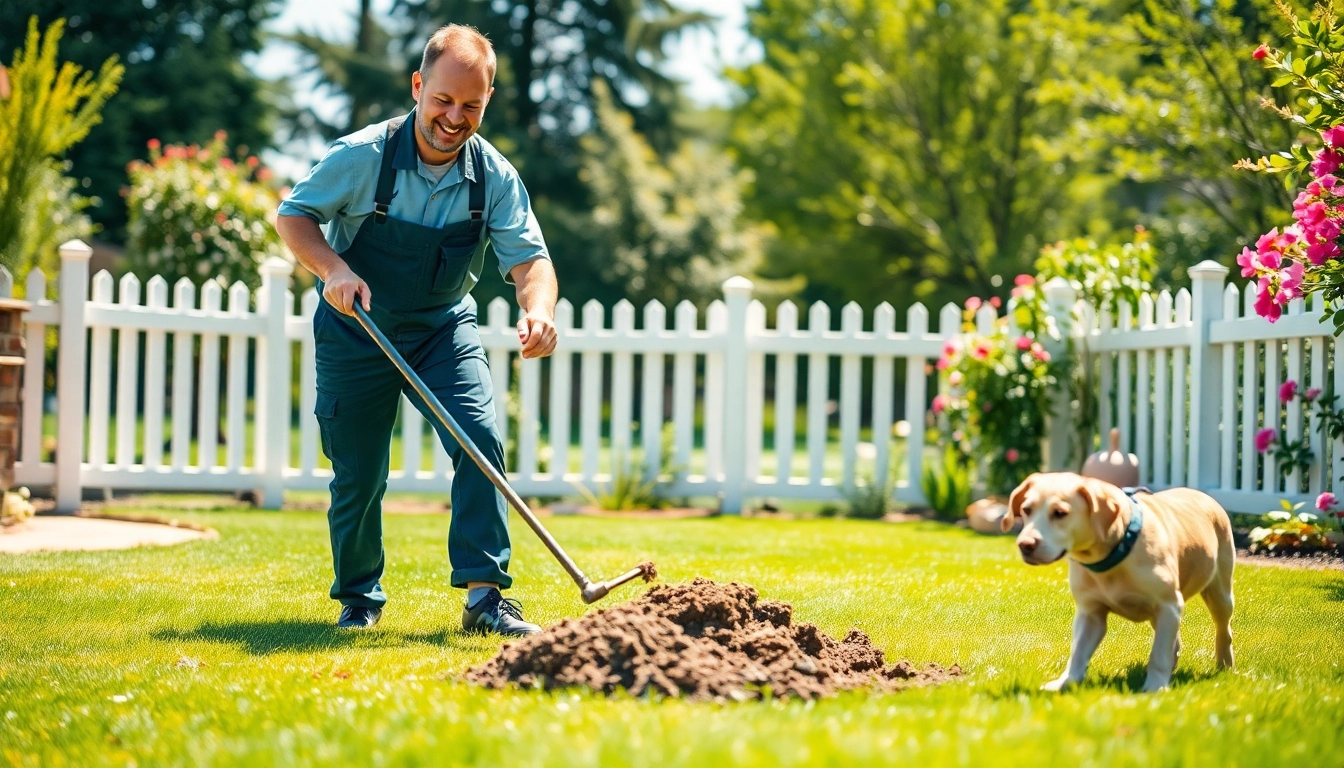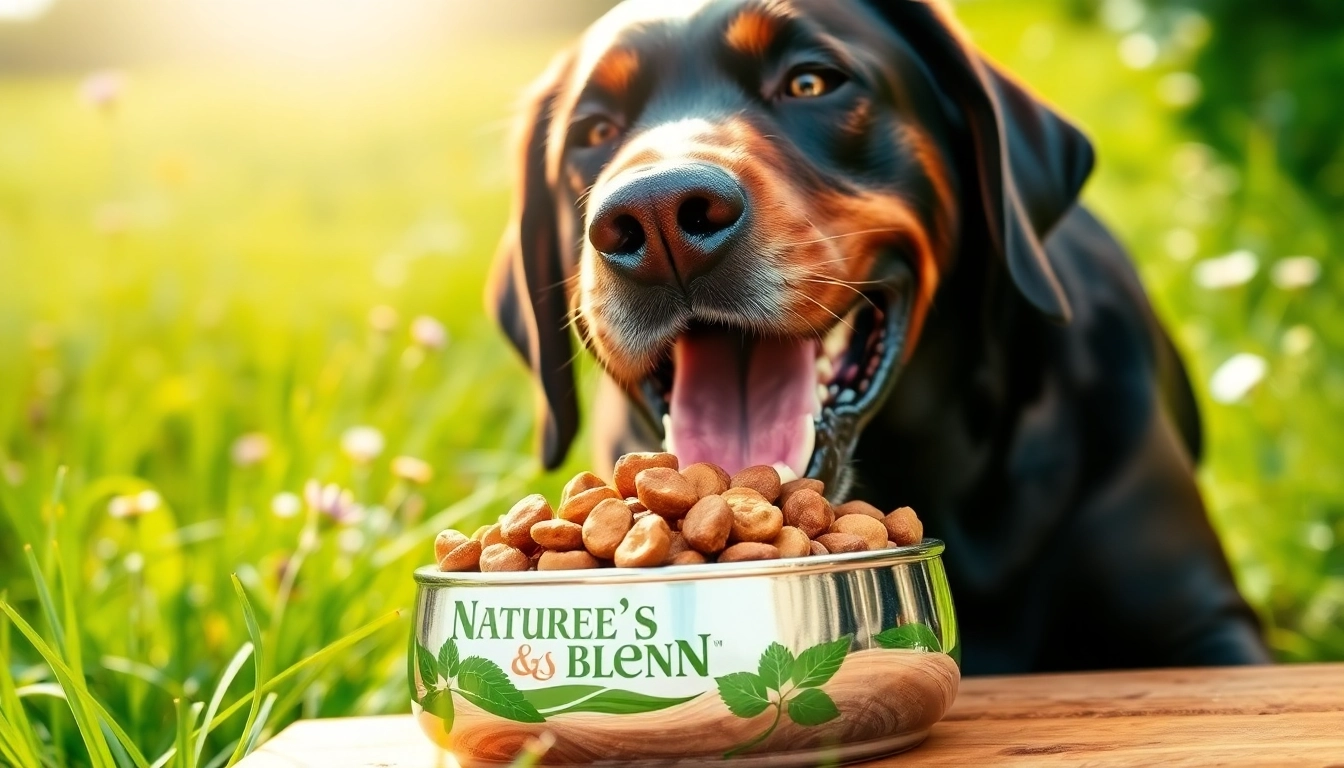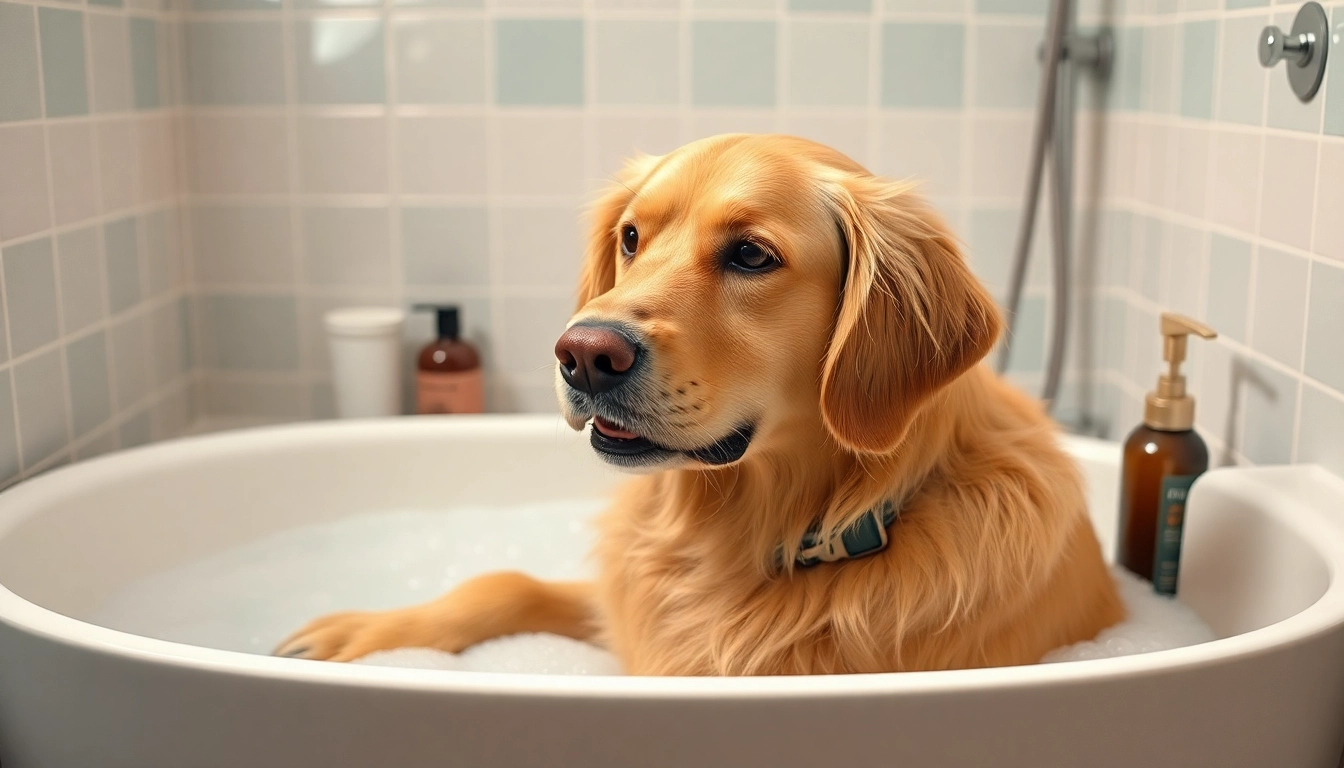Understanding the Importance of Weekly Dog Poop Scooping
Keeping a clean yard is crucial for many dog owners, yet pet waste management often falls to the wayside, leading to unsightly and potentially hazardous conditions. Regular, weekly dog poop scooping services not only maintain the aesthetics of our properties but significantly contribute to the health of our pets and the environment. This section delves into the comprehensive importance of adhering to a weekly scooping schedule.
The Health Benefits of Regular Cleanup
Dog feces can harbor various pathogens and parasites that may pose risks not only to our pets but also to human health. Regular cleanup is essential to minimizing these health hazards. For instance:
- Parasite Prevention: Dog feces can carry parasites such as roundworms and hookworms which can infect not only other animals but also humans, particularly children playing in the yard.
- Bacterial Control: Feces are breeding grounds for harmful bacteria like E. coli and Salmonella, which can lead to serious infections. Regular removal of waste helps control these risks.
- Allergy Reduction: Cleaning up regularly can help reduce allergens that might be present in your yard, such as fecal matter that can exacerbate allergies in sensitive individuals.
- Healthier Pets: Dogs are naturally curious and often engage with their surroundings through smell and taste. Keeping the environment clean reduces the exposure to harmful pathogens.
Impact on the Environment
Dog waste is often overlooked when discussing environmental impact, yet it can contribute to serious ecological issues if not managed properly:
- Nutrient Overload: When dog waste decomposes, it releases nutrients that can lead to excessive algae growth in nearby water bodies, disrupting ecosystems and harming aquatic life.
- Soil Contamination: Feces can contaminate soil and groundwater with harmful pathogens, impacting both local wildlife and human drinking water sources.
- Attracting Pests: Accumulated waste can attract pests like rodents and insects, which can spread diseases to pets and humans alike.
Preventing Unpleasant Odors
In addition to health and environmental concerns, unscooped dog waste can create unpleasant odors that permeate your yard and home. These odors can stem from:
- Decomposition of organic waste, which releases compounds that result in foul smells.
- Overwhelming scents can make outdoor activities less enjoyable for both pets and people, particularly during warmer months when waste breaks down more rapidly.
- Regular scooping not only mitigates these issues but also contributes to a fresher outdoor ambiance.
Choosing the Right Pooper Scooper Service
With various services available, selecting the right pooper scooper can be a daunting task. This section outlines the essential aspects to consider when seeking a reliable pet waste removal service.
What to Look for in a Service Provider
When evaluating potential pooper scooper services, consider the following criteria:
- Experience: Look for services with extensive experience in the pet waste management industry. Experienced providers often have better techniques and systems in place for efficient cleanup.
- Insurance and Certifications: Business insurance protects you against liability should anything go wrong. Always ensure the service provider is adequately insured.
- Training: Inquire whether their employees receive training on proper pet waste removal and handling to ensure they follow best practices.
- Eco-Friendly Practices: Look for services that use eco-friendly disposal methods to ensure your impact on the environment is minimized.
Comparing Pricing and Packages
Costs can vary significantly between service providers, so it’s important to compare pricing and service packages thoroughly:
- Service Frequency: Most providers offer different service frequencies (weekly, bi-weekly, or one-time cleanups). Regular weekly services are usually more cost-effective than occasional cleanings.
- Package Deals: Some companies might provide bundled packages for additional services like yard maintenance or dog walking, which could save you money.
- Transparency: Ensure that the provider lays out all pricing details upfront and clarify any potential hidden fees, such as for travel or cleanups that take longer than expected.
Customer Reviews and Recommendations
Researching customer feedback is invaluable when choosing a provider:
- Online Reviews: Websites like Yelp and Google Reviews can provide insight into the experiences of other pet owners and their level of satisfaction with the service.
- Word of Mouth: Ask friends, family, or local pet care communities for recommendations. They can share their experiences and suggest reliable services.
- Check References: Don’t hesitate to ask potential service providers for references that you can contact directly.
DIY Weekly Dog Poop Scooping: Tips and Tricks
For those who prefer a hands-on approach, this section provides comprehensive insights on how to efficiently manage your weekly dog poop scooping routine.
Essential Tools for Effective Cleanup
A successful DIY scooping routine relies on using the right tools. Here’s what you will need:
- Poop Scooper: Invest in a high-quality scooper that suits your needs. The right scooper should handle your dog’s size and the terrain of your yard.
- Biodegradable Bags: Use eco-friendly poop bags to reduce your environmental footprint when disposing of waste. Make sure they are durable and leak-proof.
- Disinfectant Spray: Keeping your yard sanitary is important. Use a pet-safe disinfectant to clean areas that can be contaminated.
- Garden Gloves: Protect your hands during the cleanup process with sturdy gloves, particularly if you’re using a scooper tool.
Scheduling Your Cleanup Routine
To create a sustainable practice, establish a regular cleaning schedule that fits seamlessly into your routine:
- Frequency: Aim for at least once a week to keep up with waste accumulation, especially in larger households with multiple pets.
- Timing: Choose a time when you can consistently dedicate attention to this task. Early mornings or late evenings often work best for many pet owners.
- Routine Building: Transform your cleanup into a habit by coupling it with another regular task, such as watering the plants or walking the dog.
Disposing of Waste Responsibly
Proper disposal of dog waste is as important as scooping it up. Here are best practices:
- Trash Disposal: Always dispose of the bagged waste in your trash bin. If you have access to a pet waste composting system, consider using that as a more eco-friendly disposal method.
- Avoid Waterways: Never dispose of dog poop in rivers, lakes, or other water bodies as it can lead to contamination.
- Yard Burying: While some owners consider burying waste in their yard, it is generally not recommended due to the potential for pathogen leaching into your soil.
Understanding Costs Associated with Weekly Services
Engaging professional pooper scooper services comes with varied costs. Understanding them can help you budget effectively.
Breaking Down Pricing Models
Each service provider has its own pricing structure. Generally, pricing may vary based on:
- Yard Size: Services often quote rates based on yard size—larger yards will naturally incur higher costs.
- Frequency of Service: As mentioned above, providers usually offer discounts for more frequent cleanings. Weekly services tend to be more affordable in the long run.
- Number of Dogs: Pricing can also vary depending on how many dogs you have. Many services charge per additional dog beyond a baseline fee.
Hidden Costs to be Aware Of
Be vigilant of any potential hidden costs that might arise in your contract or agreement:
- Minimum Service Fees: Some companies have minimum visit fees, which can impact your costs if you only need occasional service.
- Travel Charges: If you are located outside of service areas, some providers may charge an additional fee to reach you.
- Cancellation Fees: Understand the company’s policy on cancellations or rescheduling and ask if there are fees involved in these cases.
Evaluating Long-term Savings
While the upfront costs of a weekly scooping service may seem substantial, consider the long-term benefits:
- Value of Time: Consider how much your time is worth. Hiring a service can free you up to carry out other desirable activities or simply relax.
- Health Savings: By reducing the risk of health issues among your pets and family members, you may save on veterinary and healthcare costs.
- Environmental Benefits: Engaging in professional services can ensure pet waste is disposed of correctly, which contributes to skincare—potentially reducing costs related to yard repairs.
Enhancing Your Yard After Cleanup: Best Practices
After establishing a routine for effective noise reduction, pet waste removal, and yard cleaning, several best practices can guide you in enhancing your yard.
Maintaining a Clean Environment for Pets
To complement the weekly cleaning routine, consider the following practices:
- Regular Inspections: Keep an eye on any potential mess or residual waste that may need attention between cleans.
- Safe Play Areas: Designate specific play areas for your pets, away from gardens and other sensitive areas, ensuring those spots are regularly maintained.
- Pet Training: Train your pets to relieve themselves in designated areas, which should simplify cleanup and further maintain a clean backyard environment.
Landscaping Ideas After Routine Scooping
Once the waste is removed, you may wish to consider landscaping efforts like:
- Pet-Friendly Plants: Select hardy plants that can withstand the nibbles and paws of your pets while contributing to the aesthetic of your yard.
- Mulching: Use pet-safe mulch to help maintain areas where dogs frequent, minimizing dirt and muck.
- Decorative Fencing: Installing fencing can both keep pets contained and enhance the visual appeal of your yard.
Educating Others About Pet Waste Management
Finally, consider sharing awareness about effective pet waste management strategies. You can do this by:
- Community Engagement: Participate in local workshops, pet events, or community forums focused on sustainable pet ownership.
- Online Advocacy: Utilize social media platforms to promote the importance of cleaning up after pets, thus fostering communal responsibility in pet care.
- Distributing Information: Create informative pamphlets or online content sharing the benefits of regular pet waste disposal for health, environmental protection, and community wellbeing.



